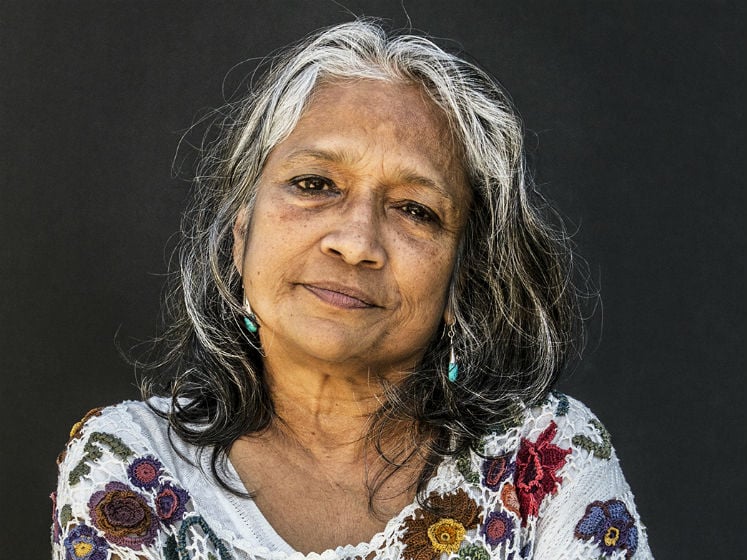News Flash
News Flash

DHAKA, Jan 02, 2025 (BSS)- Professor Emeritus of Department of Gender and Development of London School of Economics (LSE) Naila Kabeer hoped that the womenfolk of Bangladesh won’t backtrack amid the new political scenario as they kept pushing to expand their spaces in the society through economic contribution.
In a public lecture on her latest book ‘Renegotiating patriarchy: gender, agency and the Bangladesh Paradox’ here today she said the surprising social progress that Bangladesh has achieved in recent decades is pro-poor and gender equitable.
“Bangladeshis were regarded as a paradox because they didn’t conform to the Western understanding of economic growth, modernization and demographic transition,” she said.
Bangladesh Institute of Development Studies (BIDS) arranged the public lecture at its meeting room with its Director General Binayak Sen in the chair.
In her lecture Naila discussed how social norms shifted allowing education, employment opportunities for women in Bangladesh.
Shireen Parveen Huq, chief of Women’s Affairs Reform Commission formed by the interim government, director of BIDS Graduate School of Economics Sultan Hafeez Rahman, Nijera Kori coordinator Khushi Kabir, Professor Emeritus of Concordia University Syed M Ahsan, BIDS research fellows Jinnat Ara and Mohammad Golam Nabi Mazumder, among others, took part in the discussion.
Bangladesh’s transformation began during a period when the country faced severe poverty, weak governance, entrenched patriarchy and growing Islamic orthodoxy, Naila said.
Pointing out the declining of fertility in Bangladesh, she said, typical families were minimising son preference with many parents satisfied with daughters as educated women, like men, could take care of their aged parents.
Naila said the book delves into the history of the Bengal delta and the societal dynamics that shaped Bangladesh at the time of its independence. It examines the policies and politics that defined the post-independence era and how these factors contributed to the remarkable progress encapsulated in the concept of the Bangladesh paradox, she said.
Naila said, Bangladesh’s social progress, including advancement in gender equality began and gained momentum even though a particularly orthodox version of Islam.
There has been a change in gender relations that is led by women who wanted to challenge injustice in the existing patriarchal structure and create more democratic relations within family and society, she said, explaining how women renegotiated patriarchy instead of overthrowing it.
Binayak Sen said historically Bangladesh has been hosting a very heterogeneous society. Hence, democracy is the fundamental need of the country. The government in the future must uphold this and protect the women from backtracking, he said.